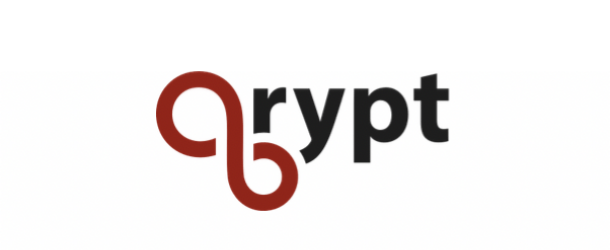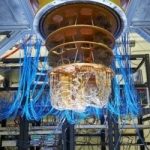Qrypt Enables Businesses to Easily Replicate the Data Security of Air-Gapped Network

(HPC.Wire) Qrypt, a leader in cryptographic quantum security solutions enabled by Quantum Entropy-as-a-Service (EaaS), unveiled today its Quantum Data at Rest (QDAR) application. QDAR provides one-time pad encryption as a data-at-rest application for companies to secure important files, critical information and all data storage is mission critical. This technology from Qrypt allows businesses to replicate air gapped networks, which are the highest level of security used by the CIA and similar government agencies.
“The security industry has always warned that keeping data safe meant trusting no one else. We’re simply making that an attainable possibility for anyone to easily employ,” said Denis Mandich, Qrypt CTO and co-founder. “QDAR is the next step in Qrypt’s mission to democratize quantum encryption. Businesses now have access to unbreakable one-time pad encryption to keep their most important files safe from malicious attackers – even in the event of a security breach or data harvesting.”
A security problem in today’s world is that many of the applications businesses leverage to communicate data, like Slack, Microsoft Teams, Facebook Workplace and others, are also the data encryption platform. This means that if the company providing that service is breached, it is very likely that the data of all of customers and users using that service become compromised. By separating the communication platform from the encryption platform, malicious attackers now need to simultaneously breach both platforms before being able to access valuable data. In a world where “harvest now, decrypt later” tactics are a serious threat, this de-coupled approach improves data security immensely.
QDAR is powered by Qrypt’s patented BLAST algorithm, which leverages quantum random number generation from multiple sources of entropy to produce perfectly random one-time pad keys. Any user can quickly and easily quantum encrypt sensitive files with randomly generated one-time pads, and then share that encrypted data over the internet with their coworkers. Only other users with the same QDAR one-time pad encryption keys can possibly decrypt the encoded data to read the files, ensuring that important information is kept confidential. With such a secure network, businesses can share sensitive information across a remote or widespread workforce without any risk of compromise, a need that has increased during the pandemic.
Because each one-time pad is unique and bears no relation to the next encryption, this approach to encryption is the only techniques that cannot be “brute forced” by quantum computing. The one-time pad encryption can only be broken if an attacker has access to the specific pool of random numbers used by QDAR to encrypt the data, as well as the specific sampling and extraction parameters unique to that encryption session. This means that Qrypt’s QDAR can only be compromised at the point of no return – when a malicious actor has complete digital or physical access to the user’s devices.
Qrypt’s quantum encryption technology is based on years of research and development with leading engineers, physicists and cryptographers to build a revolutionary new approach to data security for the quantum computing age. The company holds several strategic partnerships with leading domestic and international labs providing exclusive access to novel quantum entropy sources and technologies that power Qrypt’s EaaS solutions. All of the company’s research has been validated by professional experts in their field, having been published and evaluated in various peer-reviewed journals. Qrypt also holds an international issued patent portfolio in the US, Europe, Japan and Korea, with eight patents and 100+ claims for its various technologies and solutions.



















